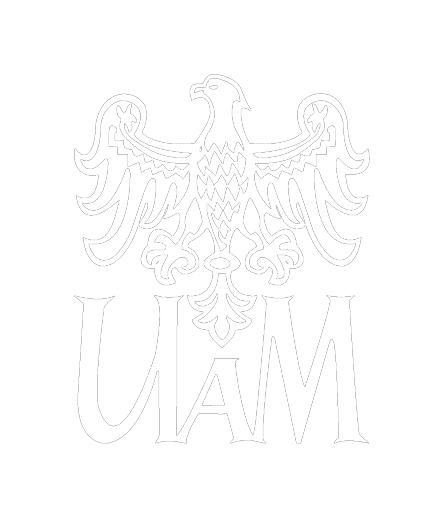Social learning of risk recognition in wild birds
Funding: National Science Centre, grant no. 2018/31/D/NZ8/00080
PI: Jakub Szymkowiak
Description: Predation risk is one of the strongest selective pressures in nature. To counter the risk of predation, animals have evolved a range of mechanisms allowing them to assess that risk and adjust the behavior. Risk recognition can occur via various sensory modes, including reliance on acoustic cues produced by predators. Eavesdropping on predator vocalizations for risk assessment is ubiquitous in animals, affecting e.g. breeding site selection decisions and many life-history traits of a prey. This is not surprising given that acoustic signals are often audible and publicly available, thus facilitate risk assessment by a prey through eavesdropping. In this project, we aim to answer a fundamental and still unresolved question regarding this phenomenon: how animals recognize that specific sounds convey information about a threat?
More info: (1) project summary, (2) webpage

